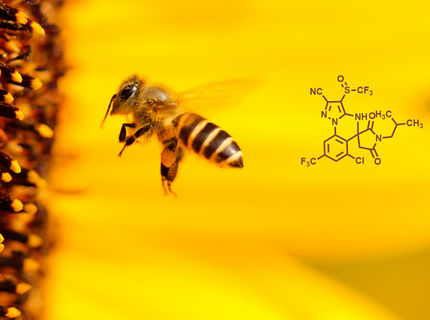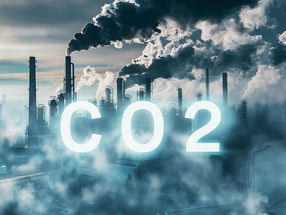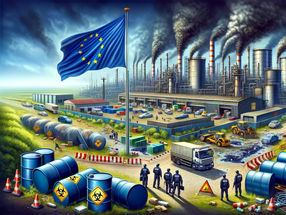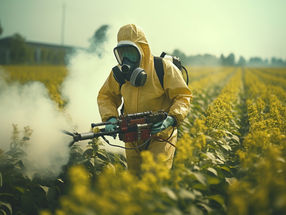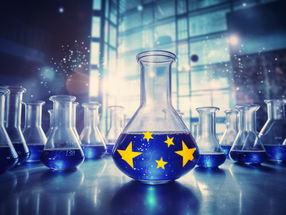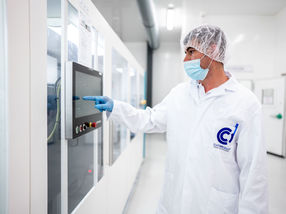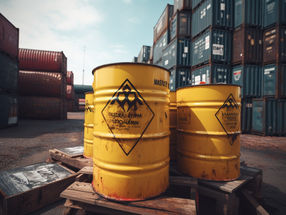Public consultation on harmonised classification and labelling of three chemical substances
The European Chemicals Agency has published on its website a public consultation on the proposal to harmonise the classification and labelling of three chemical substances. Comments are welcome on the proposal within 45 days. All comments will be taken into account in the subsequent decision-making process.
The substances in this consultation, submitted by Ireland, France and the Netherlands, are:
• Tris[2-chloro-1-(chloromethyl)ethyl] phosphate (TDCP) (Ireland) – which is used as an additive flame retardant (i.e. it is physically combined with the material being treated rather than chemically combined) and is proposed to be classified as a category 3 carcinogen.
• Tetrahydrofuran (France) – which is used as a solvent or for synthesis (e.g. motor fuels, pharmaceuticals, synthetic perfumes and insecticides) and is proposed to be classified as a category 3 carcinogen; irritating to the eyes and the respiratory system; highly flammable; and because it may form explosive peroxides.
• Abamectin (a combination of Avermectin B1a and Avermectin B1b) (Netherlands) – which is used as an insecticide and acaricide (a chemical that kills mites). Abamectin is proposed to be classified as category 3 for reproductive toxicity (posing a possible risk of harm to the unborn child); as very toxic when inhaled or swallowed; as toxic because of the danger of serious damage to health of prolonged exposure; and as very toxic to the aquatic environment. Abamectin has to have a harmonised classification because it is a pesticide active substance.
The Irish, Dutch and French authorities have submitted to ECHA comprehensive dossiers on these substances and asked for their classification and labelling to be harmonised across the European Union.
Most read news
Other news from the department politics & laws

Get the chemical industry in your inbox
By submitting this form you agree that LUMITOS AG will send you the newsletter(s) selected above by email. Your data will not be passed on to third parties. Your data will be stored and processed in accordance with our data protection regulations. LUMITOS may contact you by email for the purpose of advertising or market and opinion surveys. You can revoke your consent at any time without giving reasons to LUMITOS AG, Ernst-Augustin-Str. 2, 12489 Berlin, Germany or by e-mail at revoke@lumitos.com with effect for the future. In addition, each email contains a link to unsubscribe from the corresponding newsletter.
Most read news
More news from our other portals
See the theme worlds for related content
Topic world Synthesis
Chemical synthesis is at the heart of modern chemistry and enables the targeted production of molecules with specific properties. By combining starting materials in defined reaction conditions, chemists can create a wide range of compounds, from simple molecules to complex active ingredients.

Topic world Synthesis
Chemical synthesis is at the heart of modern chemistry and enables the targeted production of molecules with specific properties. By combining starting materials in defined reaction conditions, chemists can create a wide range of compounds, from simple molecules to complex active ingredients.
